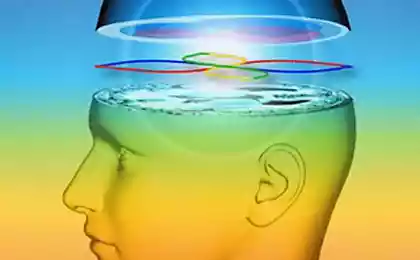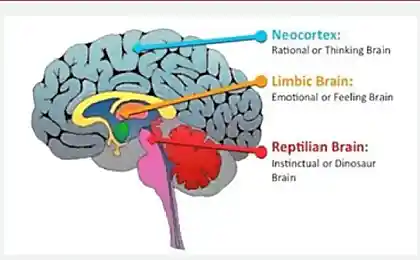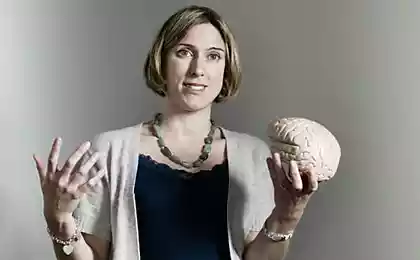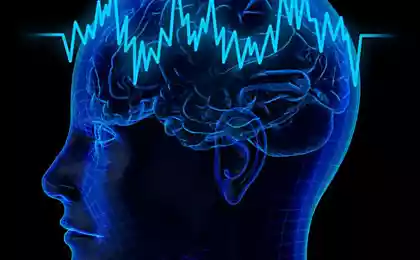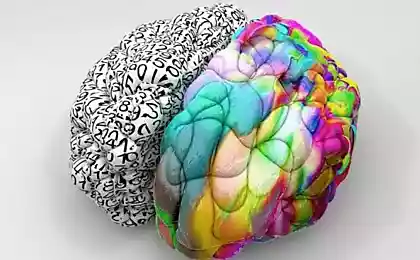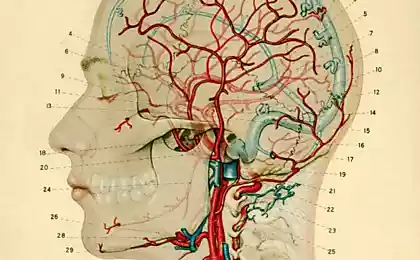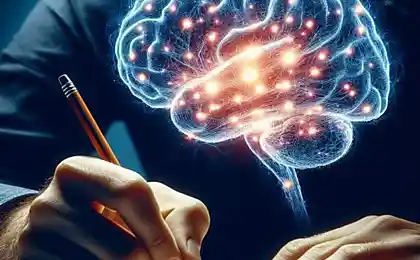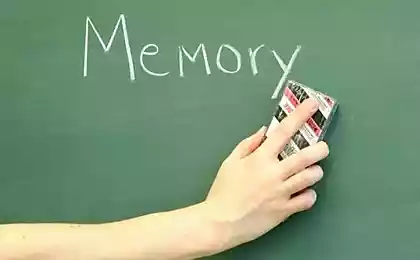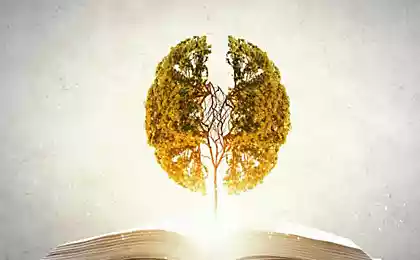431
Children's egocentrism disappears with the development of the brain
The ability to put other people's emotions above their own depends on the specific area of cerebral cortex, whose activity increases with age.
When the child wins in some games, its not too care about the feelings of the losing partner, even if partner – his friend. Winners will rejoice and exult, not really paying attention to the mood of the companion. And he acts so not because of some special malignancy, and common to all children of the self when the world around is viewed only from my point of view, when it seems that everything needs to share only my thoughts and feelings.
Egocentrism is not some constant value, it can change, evolve, come to naught – children because, in the end, over time, begin to understand what others feel, and to coordinate their behavior with other people's emotional state. But what processes happen in emotional and cognitive sphere of the egocentric, the self-centeredness of the structure of the brain, psychologists still don't visualize very well.
To learn more about children's egocentrism, researchers from the max Planck Society asked children and adults to play a game in which the winners received some monetary amount. It is known that children and adults with the same emotional upheaval react to a win, and equally upset if the money they still didn't get it. The game involves the competition between two participants, and to see each other, they could not.
The computer informed each player that has won or lost his opponent, and the player himself had to say how it feels to be another person, he is happy or sad. Researchers were particularly interested in how such an assessment depends on the emotional state of the evaluator.
That is, for example, if you have won a particularly large sum – how serious you seem upset losers partner? Maybe you do consider that your opponent is happy with you, despite your loss?
The difference between adults and children was dramatic: 6-13-year-olds spread your emotions to others – a partner, in their opinion, had necessarily the same feelings, that is glad someone else's win and sad about someone else's loss. However, the ability to disengage from their own emotions and understand other people's feelings intensified with age, and the older the child was, the better it is possible.
But only some psychological observations the researchers were not limited, they are also analyzed by using fMRI, which areas of the brain involved in overcoming one's own emotions.
A key area here were right nakraia gyrus region of the temporal-parietal junction cortex. Nakraia gyrus is connected with many other areas, in particular, with the anterior part of the insular cortex, which is activated when we try to understand the other person's feelings.
Obviously, it is nakraia gyrus helps us to forget about their own emotions in favor of others ' experiences. With age, according to researchers in Social Cognitive And Affective Neuroscience, this area becomes more active, which, apparently, helps to cope with the child's egocentrism.
This is another example of how mental phenomena that are seemingly too complex to catch them in the structural-anatomical level, still be "registered" in a specific area of the brain.
Of course, this "registration" is rather blurred, and it is unlikely the same nakraia gyrus could work without an active exchange of information with many other areas of the cortex. But it is possible that in the future adjustment of the individual (for example, elimination of podzaderzhalisj childhood egocentrism) can be done by simple stimulation of a particular brain region.

Source: nkj.ru

